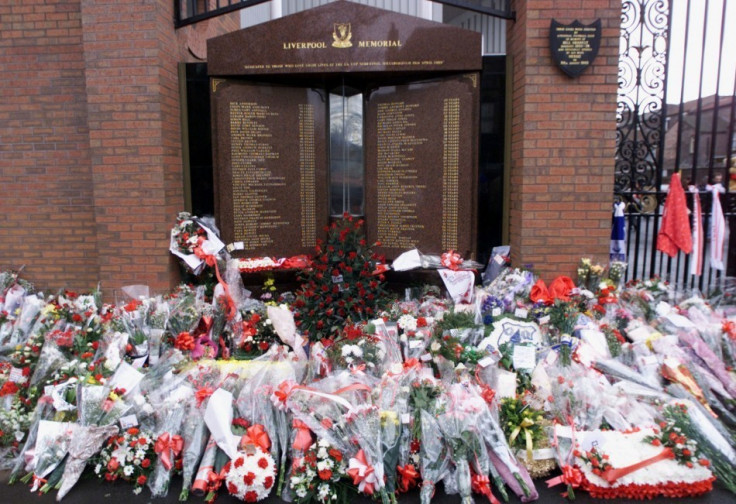Hillsborough activist's son James Aspinall 'could have been saved' inquest hears

On the final day of evidence at the inquest into the Hillsborough tragedy, a jury has heard how a prominent campaigner's teenage son could have survived the fatal crush - had he received medical care earlier. The court was hearing medical and pathology evidence about six of the 96 Liverpool fans who lost their lives in the FA Cup football match on April 15, 1989.
The court heard that James Aspinall, 18, son of Margaret Aspinall, chairman of the Hillsborough Family Support Group, might have survived if he had a "sustained and earlier" intervention. The teenager from Huyton, in Liverpool, was shown lying on the pitch at 3.26pm.
Police officer Leslie Parkin and Ernest Gillatt, from the St John Ambulance, were shown kneeling close to the teenager – but neither could remember him. Another police officer Robert Fox, of South Yorkshire Police, did recall James however and said that he attempted chest compressions but covered him with a coat after he showed no signs of life.
The court was showed extended footage of the FA Cup semi-final which featured Fox with Aspinall for a maximum of one minute and 15 seconds. He was then unattended, from 3.27pm to 3.29pm.
Margaret Aspinall had led a successful campaign for fresh inquiries into the tragedy. The inquest, is officially the longest in UK legal history after beginning on 31 March 2014.
According to the Liverpool Echo, Dr Jasmeet Soar, a resuscitation specialist, told the hearing that "earlier intervention before cardiac arrest" may have saved James's life.
Margaret Aspinall said she was angered to hear her son "could possibly have been saved" and felt she had let him down, according to the BBC. "It hurts, you are reliving the moment your son went out the door and didn't come back. It sounds silly but I was there for his first breath, when he most needed me. As a mum, I let him down," she said.
© Copyright IBTimes 2025. All rights reserved.





















